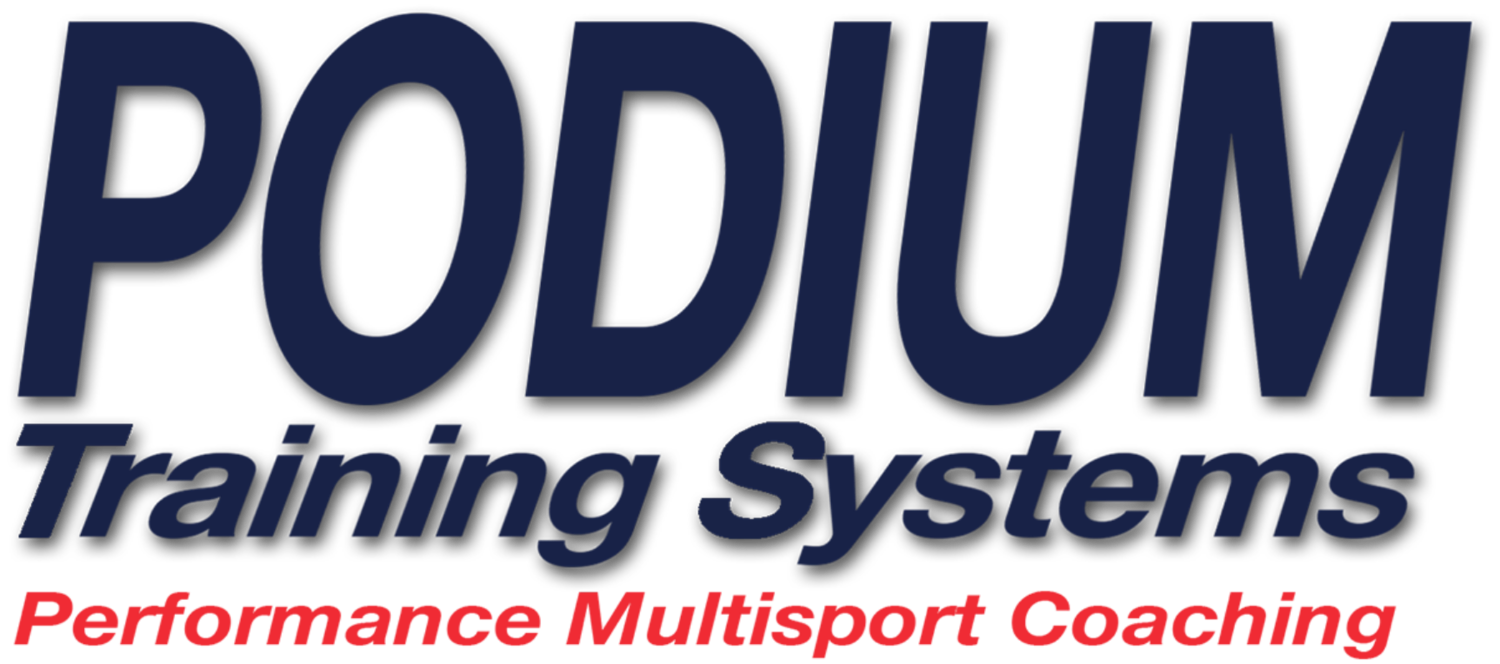It's that time of year again. The holiday season is here - and that means Thanksgiving, Christmas parties, and Christmas itself. This is the time of year that athletes are taking time off, and tend to overindulge. It is the off-season afterall, right?
Well, it is most likely the off-season for most. But that doesn't mean that you have free reign to eat too much, drink too much, and ignore your training. A little focus, a few smart choices at dinner, and you'll come through this holiday season unscathed.
Don't skip your workouts
The pool may be closed over the week of Thanksgiving. But that doesn't mean you can't get out and run or ride. Continue the momentum of your off-season training and get your running or riding in. I like to joke with my athletes - "earn your Thanksgiving dinner". Get in a run or ride early that morning. And the day after? Yep, do something. Anything. Just because it's the holidays doesn't mean you can take the week off. You're traveling for Thanksgiving or Christmas? Pack your running gear. Get in a couple easy runs. You'll feel better if you do.
Don't over-indulge
You're thinking about seconds? Okay. Just wait a little bit. Let your stomach send all the signals to your brain that it's full, or not. If you think you want seconds (thirds?) just wait 15-20 minutes. You might not be as hungry as you think.
Equally important, don't overdo the alcohol. As the saying goes: Everything in moderation. You'll snack / graze less if you drink less, too.
Do make smart choices
Whether you're hosting dinner, or bringing a side dish, it's easy to add some healthy options to the table. Mashed sweet potatoes instead of white potatoes. And I'm not talking about the sweet potato casserole with brown sugar and marshmallows! Just a straight up substitution. A sweet potato as more fiber than regular potato's, and is rich in potassium and vitamin A. Make green beans and almonds sautéed in garlic instead of the old green bean casserole. Ditch that can of condensed soup with the fat and sodium. How about dairy free / veggie broth mushroom gravy. (You'll never know the difference - and neither will anyone else.)
It's really quite easy to make some substitutions with healthier, more nutrient dense, ingredients. Do a little Googling. You'll find recipe substitutions abound. Or email me - my wife is a cookbook author and we can hook you up.
So, be that person and bring a kale salad to the holiday shin-dig. You think I'm kidding? My wife has a killer recipe!
Do workout the day after
Get back outside. Organize a run with your usual group of running buddies. It doesn't have to be a hard workout, just enjoy the morning with a nice aerobic run to keep the momentum going. If the weather is good, get on the bike. Even a hike. Anything. And since it's the holidays you don't need to do this before the sun comes up. Wait till after breakfast. Ride at noon. Sleep in for goodness sake.
Most importantly, work with your coach to ensure your schedule is manageable if you're traveling.
This is a great time of year. Enjoy being with your friends and family. You've worked hard all year, so enjoy yourself.....and with a little planning you'll come out on the other end none worse for the wear.


